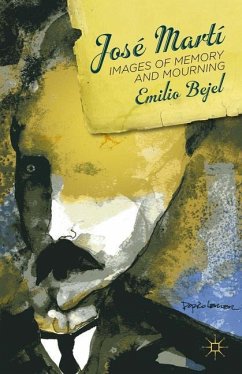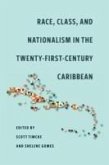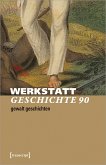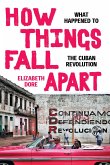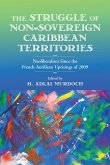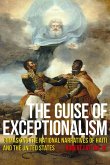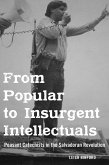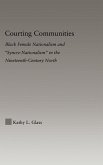This book is a critical study of visual representations of José Martí The National Hero of Cuba, and the discourses of power that make it possible for Martí's images to be perceived as icons today. It argues that an observer of Martí's icons who is immersed in the Cuban national narrative experiences a retrospective reconstruction of those images by means of ideologically formed national discourses of power. Also, the obsessive reproduction of Martí's icons signals a melancholia for the loss of the martyr-hero. But instead of attempting to "forget Martí," the book concludes that the utopian impulse of his memory should serve to resist melancholia and to visualize new forms of creative re-significations of Martí and, by extension, the nation.
Hinweis: Dieser Artikel kann nur an eine deutsche Lieferadresse ausgeliefert werden.
Hinweis: Dieser Artikel kann nur an eine deutsche Lieferadresse ausgeliefert werden.

